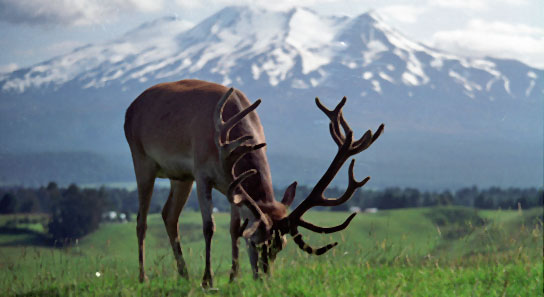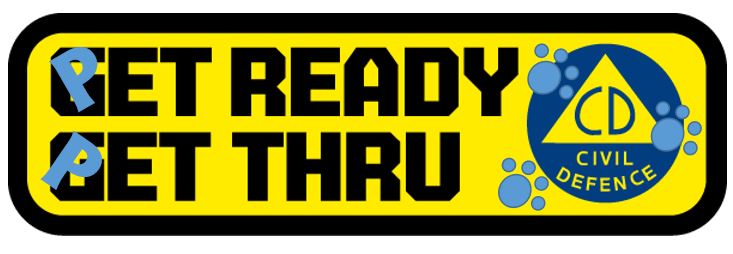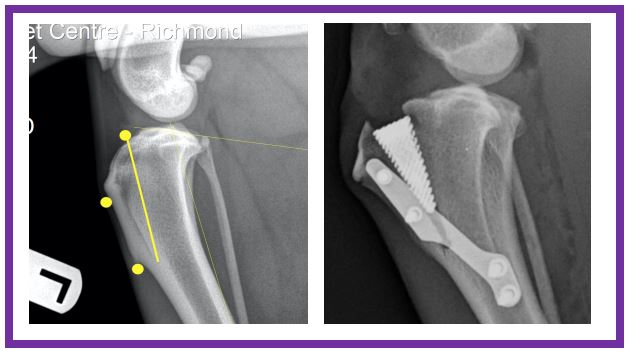Socialisation; why is it crucial for your puppy? Puppies go through the same developmental stages…

Diseases of Farm Animals; lepto and yersiniosis
Diseases of farm animals include and are not limited to, Yersiniosis and Leptospirosis.
Yersiniosis
This disease is most seen in deer but can be found in other species such as calves and goats.
In deer it is often a fatal enteric disease, mainly effecting young deer and usually precipitated by stress, such as feed changes, cold weather and weaning, hence it is usually seen in the winter time.
Weaner deer are mainly effected showing clinical signs of sudden death, blood tinged scouring, malaise and weakness. Often noticed when deer are shifted, some may lag behind and on close inspection will have faeces soiled hocks. It is often very contagious, spreading quickly to create ‘outbreak’ conditions. Significant losses can occur (25% or more).
Preventing the precipitating causes such as stress, transportation and feeding issues is important and if recognised treatment with antibiotics will prevent the spread of disease.
Prevention with vaccination (Yersinavax) is highly recommended as even with the best management, the disease can occur. This is a two dose vaccination programme given prior to the winter. For more information, please contact us.
Leptospirosis
This disease effects all animals, but is particularly recognised in cattle, dogs, pigs and deer. There are several strains and each strain can be more commonly seen in one animal species and causing a range of symptoms.
This disease is of Public Health Importance, so vaccination is recommended where people are likely to come into contact with animal secretions, especially urine. The bacteria can enter through skin abrasions and mucous membranes.
In all animals pyrixia, malaise and anorexia are common resulting in production losses. this is particularly noticed in young animals. In addition, reproductive losses (abortion .. up tp 30% losses in deer) and mastitis are common.
Recent trial work in weaner deer showed a 6% weight gain in vaccinated stock versus non vaccinated stock. This is attributed to sub-clinical infections causing impaired growth rates in non-vaccinated deer.
Vaccines are available in 2 or 3 serotype products. For more information please contact us


